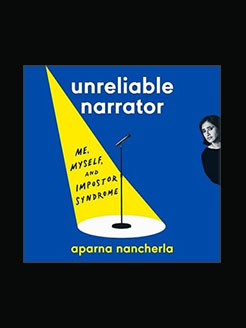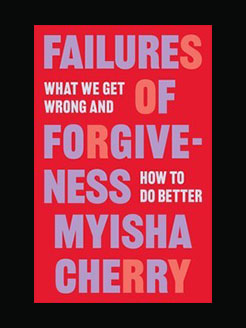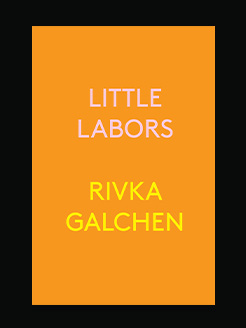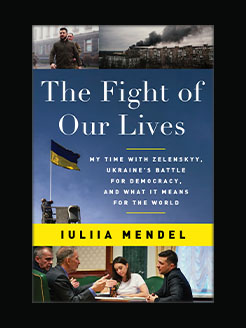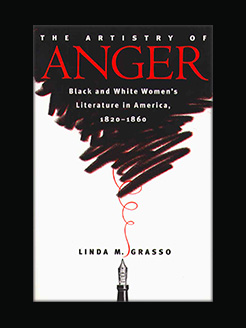Published in 2018
152 pages
Sarah Moss is the award-winning author of six novels: Cold Earth, Night Waking, selected for the Fiction Uncovered Award in 2011, Bodies of Light, Signs for Lost Children and The Tidal Zone, all shortlisted for the prestigious Wellcome Prize. She has also written a memoir of her year living in Iceland, Names for the Sea, which was shortlisted for the RSL Ondaatje Prize in 2013. Sarah Moss is Professor of Creative Writing at the University of Warwick in England.
What is this book about?
In the north of England, far from the intrusions of cities but not far from civilization, Silvie and her family are living as if they are ancient Britons, surviving by the tools and knowledge of the Iron Age.
For two weeks, the length of her father’s vacation, they join an anthropology course set to reenact life in simpler times. They are surrounded by forests of birch and rowan; they make stew from foraged roots and hunted rabbit. The students are fulfilling their coursework; Silvie’s father is fulfilling his lifelong obsession. He has raised her on stories of early man, taken her to witness rare artifacts, recounted time and again their rituals and beliefs—particularly their sacrifices to the bog. Mixing with the students, Silvie begins to see, hear, and imagine another kind of life, one that might include going to university, traveling beyond England, choosing her own clothes and food, speaking her mind.
The ancient Britons built ghost walls to ward off enemy invaders, rude barricades of stakes topped with ancestral skulls. When the group builds one of their own, they find a spiritual connection to the past. What comes next but human sacrifice?
A story at once mythic and strikingly timely, Sarah Moss’s Ghost Wall urges us to wonder how far we have come from the “primitive minds” of our ancestors.
